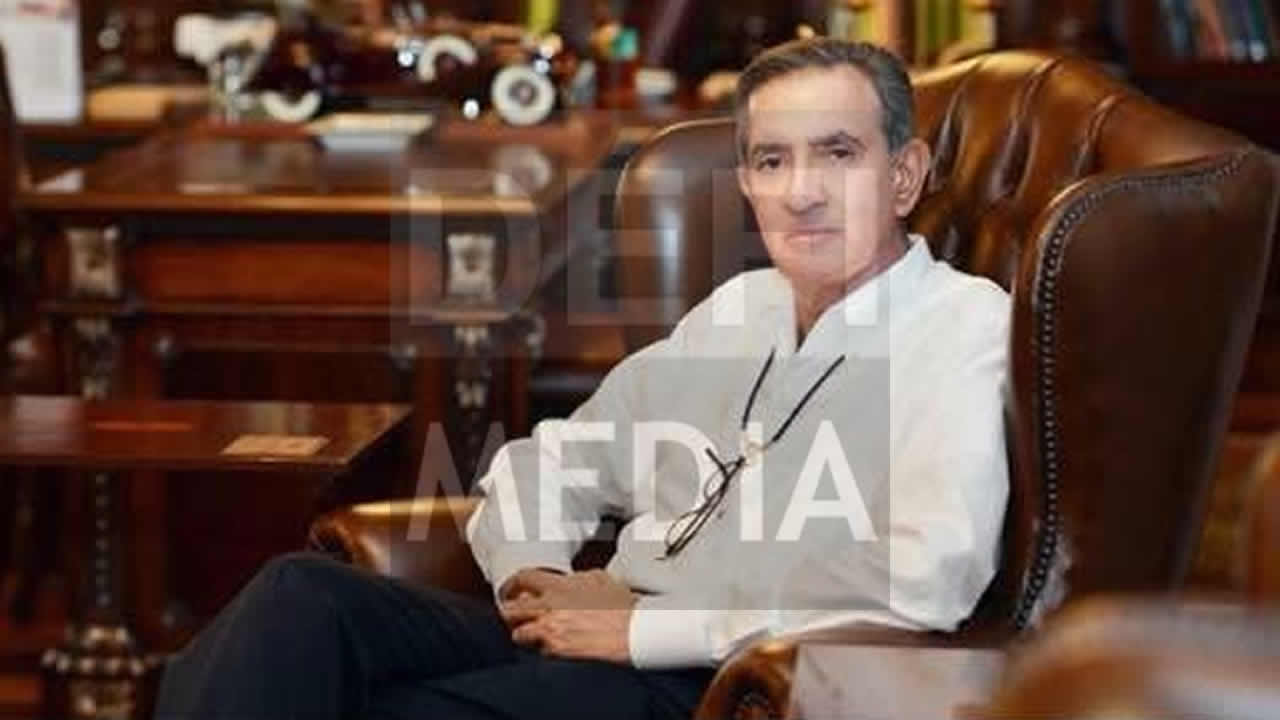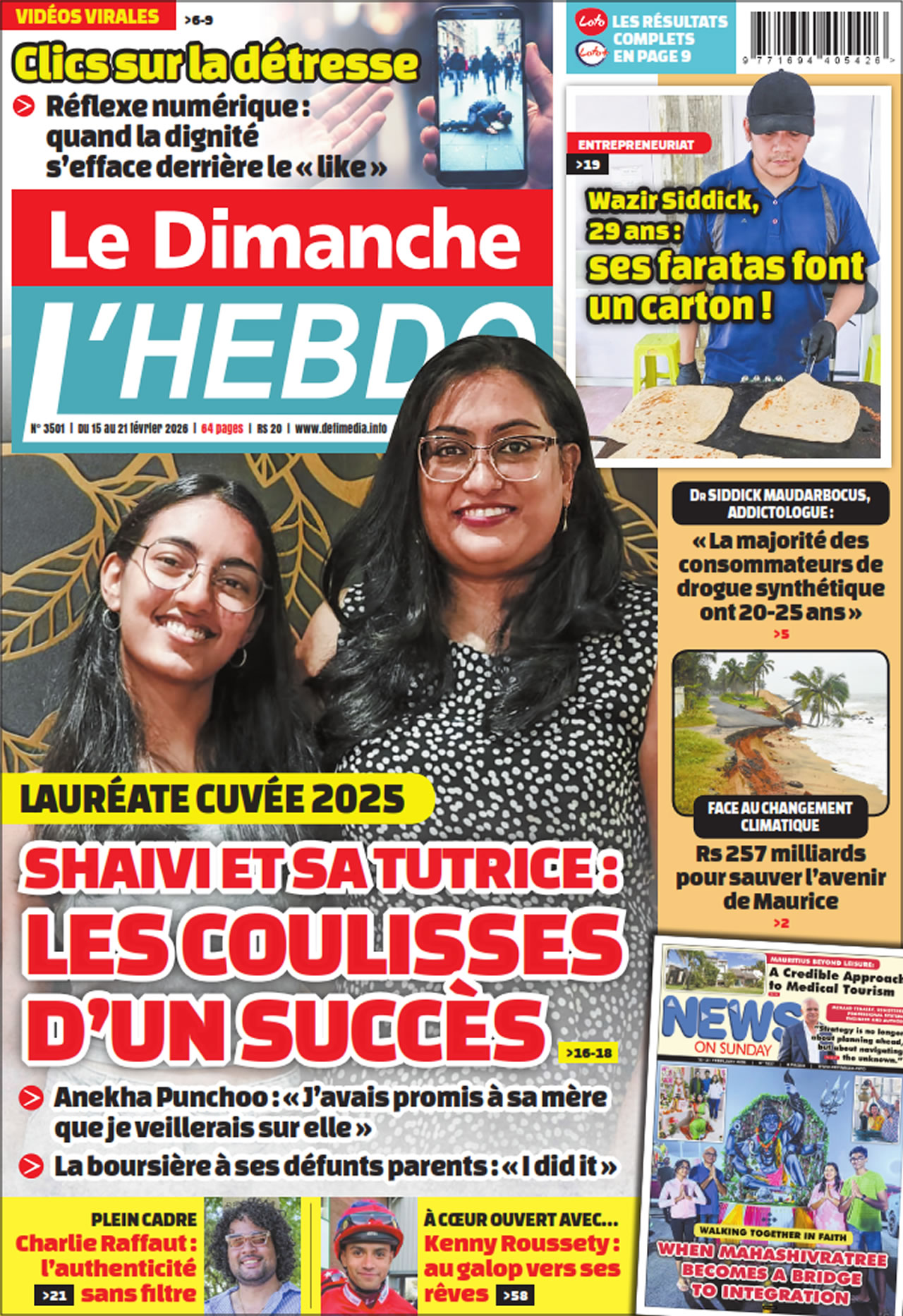
The future of Mauritius as I see it in the next fifty years. I would be extremely arrogant if I presume I can forecast fifty years of the future of a complex little country like Mauritius. I am instead going to throw some of my personal views and ideas. I am proposing such a radical change in our economic infrastructure that many will be quickly back to their favorite scheming game, weave another web leading to my demise again and again. The change I am proposing is the following :
(1) for a better distribution of capital, break the monopoly of the two biggest banks which control almost 80% of the market;
(2) change completely the management and working strategies of government parastatals by privatization. Create a major loan scheme to allow entrepreneurs to buy shares in the new privatized institutions;
(3) to achieve the above, re-organise the stock market. The majority of Brokerage firms cannot and should be under the control of the major private sector groups and indirectly government;
(4) make the market bigger by encouraging immigration from very wealthy foreigners. Here, I am not encouraging more IRS types, but a genuine economic vision offering the billionaires of the world to come to the country because it can become a new Singapore within the next five to seven years;
(5) we need a seriously new political order. This again does not mean a new BHADAIN, but even an older experienced politician can as a last hurrah completely change all the wheels of our 50 year old Katia Katia.
How did BAI contribute to the economy:
BAI, an international American insurance company established in 1920, would have been celebrating its 100 years of existence. It launched a branch in Mauritius in December 1969, i.e. a year after independence. Therefore, I can say that we started being part of the Mauritian economy from almost the birth of a new country.
At that time, almost everything within the local economy was derived from the sugar industry. In other words, all other sectors were controlled by the owners of that industry, especially the two main pillars of the private sector economy. Primarily, banks and their junior partner, the insurance companies. The latters owed their existence to the same sugar owners as the rest of the market was relatively minor, representing small non-white trading firms and the bigger towns store owners. Even the rich Asians or Creoles owned considerably smaller businesses. The bulk of the capital was therefore under the mighty sugar industry and its subsidiaries which made up the economy before and after independence.
It was at that momentous period that BAI entered the life insurance market. Almost immediately its death sentence was pronounced by the then leaders of the economy. They repeated ad-nauseam that there was no way that type of small policies be sold and premium collected from homes could find a market. The big groups were essentially looking after the higher middle income and rich people. Their clientele was mostly the Plaines Wilhems area but their offices were all in Port-Louis. The rest of the population was too poor and too scattered around the island to be of any interest to the big companies.
I am proposing such a radical change in our economic infrastructure that many will be quickly back..."
This is where and how BAI made a tremendous impact on the economy. Starting just after independence, BAI broke almost all economic and social taboos. We aimed at the huge discarded part of the population both in towns and rural areas. To do so, we employed Mauritians of all creeds and religions. We trained the common inhabitants of the island and formed the most agile and loyal representatives. No man or woman was too poor or living in the remotest abodes without even electricity was ignored. We sold insurance even at 50 cents per week, collected from their homes.
I remember only two months after we started business of our very first death claim. A poor “charbonnais” living in a “cite ouvrière” who had just purchased an accidental death policy costing him 50 cents per week and a life policy of two rupees per week, paying only four weeks of premiums, was found dead not far from his home. He had been killed around 4.00 a.m. on his way to burn wood on a mountain. The manager asked me to deal with his claim. I went to the city and met his old widow. The poor woman had never had more than 100 rupees in her hands. Such was the extreme poverty of that family. I explained to her what her husband had bought for her. The insurance proceeds from their small policies based on his accidental death came up to Rs 7000.00. The old widow wept and cried her heart out. However, I realize that such a big amount being paid to her could become the target of dishonest friends or even relatives. So, the next day I went back to her and personally took her in my car to a bank. I told the bank manager her story and asked him to take her funds so that the bank could help her invest and giving her a hundred rupees per month. I will never forget this widow and the service BAI had brought to the island.
Another way we helped was in the quick growth of the branch and therefore small rivers of collected insurance premiums grew to become another form of the creation of capital. Collecting small amounts of premiums all around the island became a big flow of funds that was not just being banked, but we judiciously helped the growing population to build, buy or repair their homes. Our mortgage division became so well known, that some banks started complaining we were stealing their business. These banks had been offering terms and conditions that only their wealthy clients could afford, but we opened up the market, extending the number of repayment years and increasing the amounts banks used to offer.
We were the first company that took up the challenge of expanding our branches outside of Port-Louis. We opened in Curepipe, Flacq and Mahebourg followed by Rose-Hill. Goodlands and others followed. We had implemented what, to us, was a simple marketing strategy, but which others had not learnt to do, we went to the customer before the Amazon’s world reach. We had a target market offering products they needed at a price they could afford. We had, within five years of our opening, 120 representatives when all the others had around 60 amongst them. We had a formal training system from the USA and trained our people constantly. We compensated everyone, not only by paying everyone well, but took many of our best salespeople around the world from Brazil to China. Imagine the young couple from a tiny village going to the world known capitals of the world. Our training concept went beyond anything anyone had ever done in Mauritius. Yet, we were rarely recognized by the media or even governments.
We helped by breaking the communal glass ceilings, employing all Mauritians who had equal chances of promotions. We eventually employed more than 4000 men and women. We succeeded where other Mauritian firms had either failed or were never able to crack the biggest and future potentially viable market the whole world was watching, AFRICA. We were already in almost ten African markets and were extremely well positioned with our Kenyan group BRITAM and two banks Equity, the fastest growing bank of Kenya and control of another up and coming bank HOUSING FINANCE, one of the oldest housing finance. The potential of the BRITAM group, which also included two skyscrapers in Nairobi along with one of the biggest land development groups, indicated that the value of our equity in Africa was going to hit the Rs 20 billion rupees by 2016 as predicated by those experts who followed the incredible escalation of the share prices of these companies.
Dawood Rawat
Read also : Reminisces part I : A short take on my career with BAI
 J'aime
J'aime














